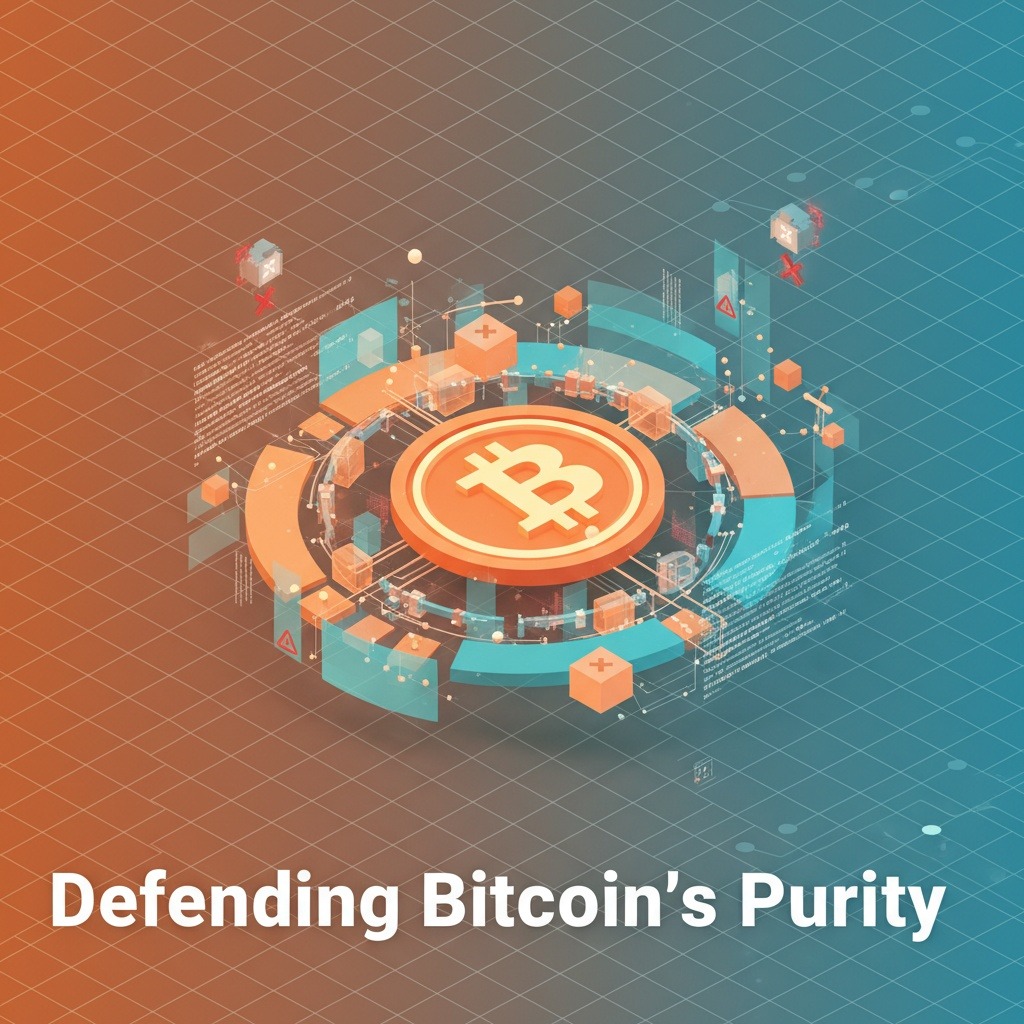Prominent Bitcoin developer and advocate Jimmy Song has voiced strong opposition to the recent decision by Bitcoin Core developers to lift the OP_RETURN limit for non-financial data transactions in the highly anticipated Bitcoin Core 30 upgrade. He labeled this move as representative of a “fiat” mentality that disregards the concerns raised by the Bitcoin community.
According to Song, the current 80-byte limit on OP_RETURN—a feature allowing users to embed data in Bitcoin transactions—was removed without adequately addressing significant pushback from users and node operators. He expressed his concerns, stating, “The notion that spam is difficult to define is simply an excuse to avoid addressing the real debate about the long-term consequences of this change.” He emphasized that non-monetary data usage on the Bitcoin blockchain could be classified as spam, thus complicating the broader discussion surrounding it.
The OP_RETURN debate has been ongoing for nearly six months, generating considerable discussion comparable to the contentious Bitcoin block size wars that took place from 2015 to 2017. This earlier conflict ultimately led to a hard fork, resulting in the creation of Bitcoin Cash (BCH). As the community reflects on the potential outcomes of the current OP_RETURN debate, concerns are emerging regarding whether it could similarly cause a division within Bitcoin.
While the proposal to eliminate the OP_RETURN limit was met with strong opposition, developers on the Core team proceeded with its implementation. This has caused a notable rift within the community and has prompted a significant migration of node operators towards Bitcoin Knots, an alternative node software that allows for the enforcement of strict data size limits. This shift is noteworthy, as Bitcoin Knots now constitutes approximately 20% of the network’s total nodes, a drastic increase from just 1% earlier this year.
Adopting Bitcoin Knots is viewed by its supporters as essential for maintaining the decentralization of the Bitcoin protocol. This is especially significant considering that the Bitcoin blockchain has accumulated around 680 gigabytes of data since its launch in 2009. The structure of Bitcoin and its conservative data limits allow almost anyone to operate a node with retail computer hardware priced as low as $300, thus facilitating wider access and greater decentralization compared to other platforms.
In contrast, other blockchain networks, particularly those with higher throughput and extensive smart contract capabilities, often require significantly more advanced and expensive hardware to run nodes. These increased barriers tend to favor wealthy investors and large corporations, which may compromise the decentralization principles integral to blockchain technology.
Song’s critique highlights broader concerns regarding the future direction of Bitcoin, emphasizing the need for the community to engage in meaningful discussions about the implications of changes to the protocol. As developments in the Bitcoin ecosystem continue to unfold, the discourse surrounding OP_RETURN and data limitations remains a crucial topic for users and developers alike.



